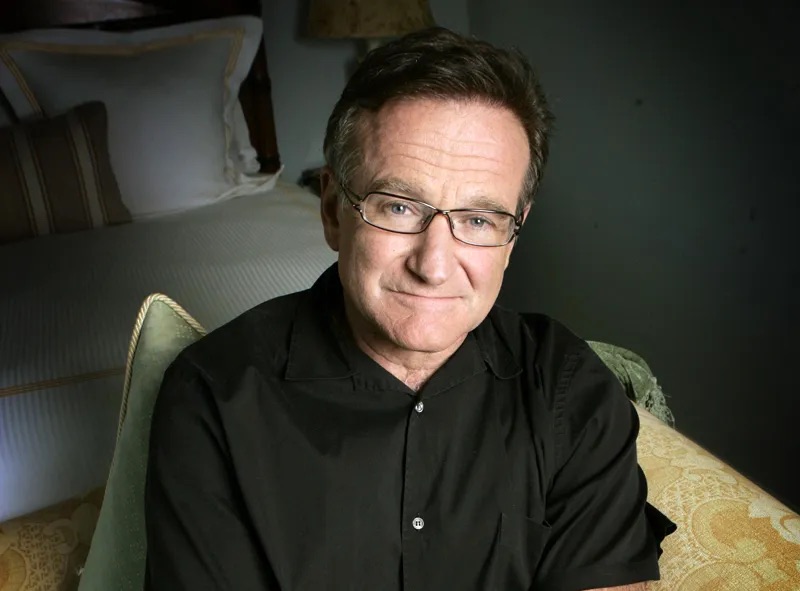In the late 1990s, a swirling nexus of organized crime and Hollywood took shape, suggested by the revelations surrounding prominent figures such as Gloria Allred, the Bronfman family, and various financial moguls. Amidst this web stands Matteo Messina Denaro, the notorious Sicilian mafia boss, rumored to have formed an alliance that would forever alter the landscape of film and finance.
Allegations arose in January 1999 when civil rights attorney Gloria Allred reportedly traveled to Italy at the behest of Bronfman heirs, Charles and Edgar, aligning themselves with Denaro, cementing a pivotal connection between the mafia and the financial heights of Wall Street, ultimately filtering through to Hollywood.
As momentum grew, it drew in influential players like Les Wexner, whose financial empire once backed the infamous Jeffrey Epstein. Their combined efforts wielded blackmail as power, ensuring dissenters in film, finance, or politics were either compromised or silenced, securing a layer of control that exploited vulnerabilities and nefarious practices.
Sumner Redstone emerged as a key figure overseeing the Viacom and CBS landscapes. Redstone's media reign allowed the syndicate to launder illicit gains into seemingly legitimate shareholder value, echoing the machinations of past crime figures, but transforming their operations through modern media monopolies.
Additionally, Anthony Pellicano, often labeled as "Hollywood's private eye," played a darker role as the enforcer for this shadowy world, wielding manipulation and intimidation to ensure silence amongst those privy to the operation—a form of modern-day Omertà.
Eyewitness accounts, particularly by whistleblower Jaguar Wright, mapped out this criminal architecture, linking key elements: mafia cash flowing through financial giants like Deutsche Bank and Merrill Lynch into legitimate Hollywood assets while using intimidation to stifle dissent.
This underworld, where extortion becomes financial fuel and creative visions masked the stark realities of exploitation, presents a troubling portrait of a seemingly glamorous industry. As Wright’s testimony hints, what lay beneath the surface is not simply a network of influencers, but a resurgence of organized crime dissolving into the fabric of modern capitalism.
With the alleged demise of notable connections such as Denaro and Redstone, the looming question reflects on the surviving banks and media monopolies. Despite the fall of some figures, the institutions, methodologies, and systems of silence persist. Wright’s insights illuminate the uncomfortable truth: Hollywood is a far cry from a mere dream factory—it’s intricately entwined with past and present organized crime, trafficking, and exploitation, wrestling to reconcile profit with the cost of human suffering.
Allegations arose in January 1999 when civil rights attorney Gloria Allred reportedly traveled to Italy at the behest of Bronfman heirs, Charles and Edgar, aligning themselves with Denaro, cementing a pivotal connection between the mafia and the financial heights of Wall Street, ultimately filtering through to Hollywood.
As momentum grew, it drew in influential players like Les Wexner, whose financial empire once backed the infamous Jeffrey Epstein. Their combined efforts wielded blackmail as power, ensuring dissenters in film, finance, or politics were either compromised or silenced, securing a layer of control that exploited vulnerabilities and nefarious practices.
Sumner Redstone emerged as a key figure overseeing the Viacom and CBS landscapes. Redstone's media reign allowed the syndicate to launder illicit gains into seemingly legitimate shareholder value, echoing the machinations of past crime figures, but transforming their operations through modern media monopolies.
Additionally, Anthony Pellicano, often labeled as "Hollywood's private eye," played a darker role as the enforcer for this shadowy world, wielding manipulation and intimidation to ensure silence amongst those privy to the operation—a form of modern-day Omertà.
Eyewitness accounts, particularly by whistleblower Jaguar Wright, mapped out this criminal architecture, linking key elements: mafia cash flowing through financial giants like Deutsche Bank and Merrill Lynch into legitimate Hollywood assets while using intimidation to stifle dissent.
This underworld, where extortion becomes financial fuel and creative visions masked the stark realities of exploitation, presents a troubling portrait of a seemingly glamorous industry. As Wright’s testimony hints, what lay beneath the surface is not simply a network of influencers, but a resurgence of organized crime dissolving into the fabric of modern capitalism.
With the alleged demise of notable connections such as Denaro and Redstone, the looming question reflects on the surviving banks and media monopolies. Despite the fall of some figures, the institutions, methodologies, and systems of silence persist. Wright’s insights illuminate the uncomfortable truth: Hollywood is a far cry from a mere dream factory—it’s intricately entwined with past and present organized crime, trafficking, and exploitation, wrestling to reconcile profit with the cost of human suffering.

















